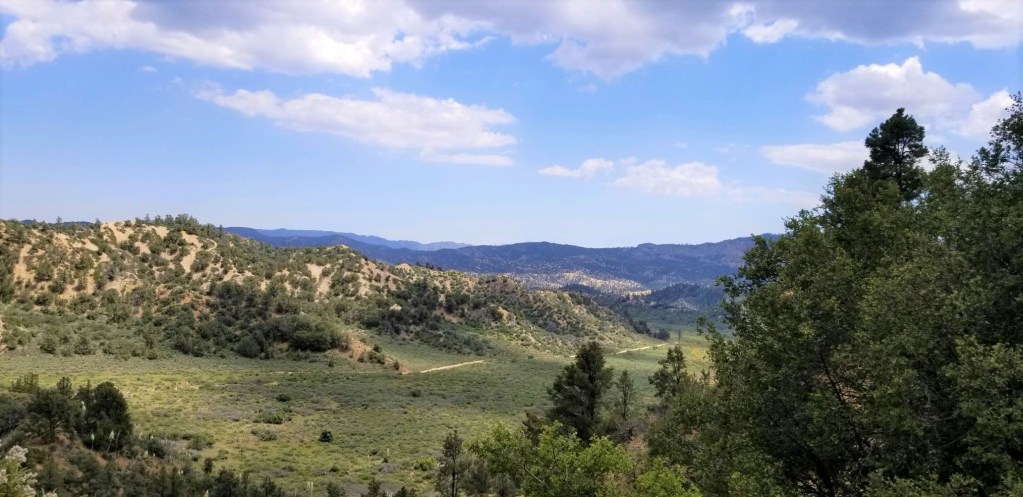More than seven years ago, I deployed to the heart of Kabul, Afghanistan, as a military police officer with the U.S. Army. As I was conducting a force protection review on the perimeter of our base — marking discrepancies in my notepad — three small boys cloaked in tattered, stained cloth hovered on the other side of the steel gate. I peered between the cement barriers to see their heads bobbing up and down as they fought to make eye contact with me.
“Miss, chocolate, miss?” said the leader of the group, seemingly the only one who could speak English.
“What’s your name?” I asked.
I don’t remember his name, but I do remember his droopy, brown doe-like eyes. And the way he yanked one of the younger boys toward me.
“George Bush!” he said.
I began to chuckle. “Why are you calling him George Bush?” The ring leader then grabbed the boy’s dirt-lined cheeks and squished them together: “Because he looks like George Bush.” And I’ll be damned, at another glance, the kid looked exactly like G.W.
I always kept an eye out for mini G.W. and the other boys. But they didn’t come around base much. They would cross my mind, along with the dozens of other children I would cross paths with, throughout my deployment. Though on the days when the air quality dropped below breathable and it was just a smog of dusty haze or while patrolling past heaps of trash half-floating in stagnant water canals, these were the days they would cross my mind the most. The pollution seemed egregious, uninhabitable, and most importantly it seemed foreign to me.
My time in Afghanistan and Iraq opened my eyes to what we as humans endure and made me hopeful for what one day could be better socioeconomically and environmentally. Here in the U.S., I have spent the past two decades visiting our pristine public lands and national monuments and am incredibly humbled by the long lineage of leadership and effort put forth in protecting our culture, heritage, and the environment.
More than six years ago, I chose to settle in Southern California for a myriad of positive reasons. One of those reasons is our state’s ongoing effort to preserve our public lands and fight for environmental justice. Congressmember Salud Carbajal and senators Kamala Harris and Dianne Feinstein’s Central Coast Heritage Protection Act is the latest of these environmental measures focusing on ensuring clean rivers, thriving ecosystems, and sustaining wildlife throughout Los Padres National Forest.
As a new resident of Santa Barbara, I’m thrilled I live in a community that continues to champion environmental efforts locally. I feel privileged to live at the base of Los Padres National Forest and have access to some of the most scenic parts of our country. I have been a huge proponent of eco-therapy for veterans reconnecting at home through our public lands, and this bill ensures veterans, such as myself, will continue to have access to clean and flourishing wild lands throughout Southern California.
Beyond eco-therapy, this bill is a win for clean water, clean air, and safe agriculture practices for California. Passing laws to protect our lands creates a seismic catalyst far beyond California and our nation, it affects every human — big or small — walking the planet.
In a commencement speech to the University of Texas-Austin graduating class of 2014, Naval Admiral William H. McRaven’s closing remarks in regard to changing the world seem fitting: “If you do these things, then the next generation and the generations that follow will live in a world far better than the one we have today. And what started here will indeed have changed the world — for the better.”
I’m proud this change is starting here in my backyard and hopeful we may continue to inspire nationally as well as globally.
Allison Bailey is an Army veteran of 12 years who volunteers with Vet Voice Foundation, an organization that mobilizes veterans to become leaders in our nation’s democracy through participation in the civic and democratic process.

